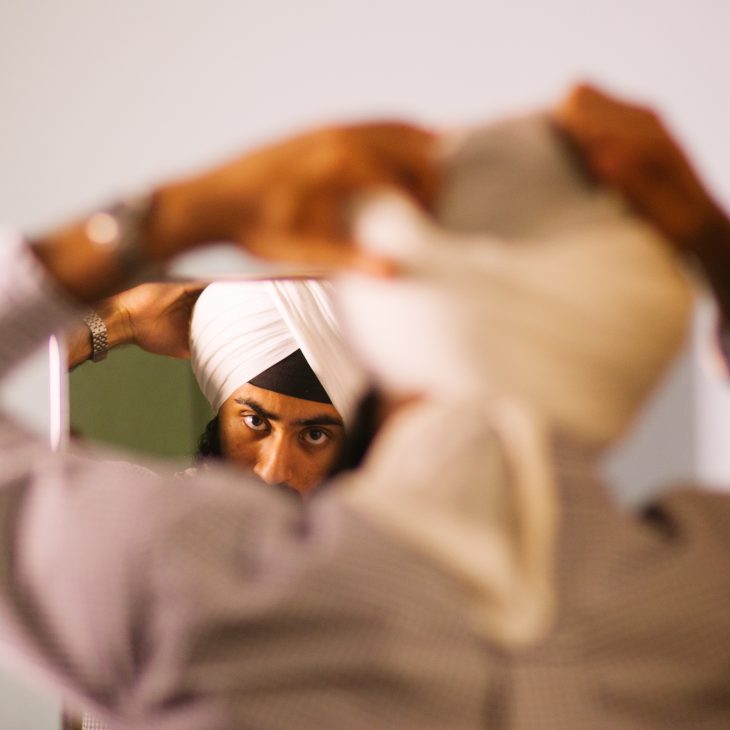Essential Religious Communities in America
April 29, 2020

The designation ‘essential workers’ during the Covid-19 crisis has revealed much that was obscured during normal business times. Essential workers now include many whose contributions were considered more marginal in the time before the virus – never truly understood as crucial for the wellbeing of society. Now, we recognize how transportation workers, nurses, grocery store attendants, pharmacists and sanitation workers are all essential participants in the grand scheme that makes our nation possible. Essential workers are rightfully expecting to be treated as such, with correct levels of protection, compensation, and dignity.
This revelation of who is essential has extended for me to the diverse array of religious communities who are part of this country. Unfortunately, our neighbors from more recent or smaller faith traditions in the United States have also had the experience of been treated as if they are marginal, whose needs are of secondary concern, or worse, subject to open hostility and violence. Yet across America, these very traditions are stepping up and responding to this crisis in such a way to wake us up. They are showing us how essential each one of these faith traditions is for our country in order to make it through this challenging time and to be the country we are meant to be.
Every religious group has struggled during the shelter in place restrictions and the call to physical distancing. It fractures some of the most fundamental elements of spiritual communities, which is to gather together. While a few reckless leaders have made a political cause out of thwarting medical precaution, the vast majority of people of every faith have been steadfast in letting the medical professionals lead in order to keep their people safe. I’m especially thinking of Muslims across the country whose Ramadan this year will be so different, as well as Jews and Christians, and others who have celebrated Holy Days during this month.
Yet that has not stopped the faithful from living out the mandate to love and serve that is present in all traditions. There is a rush of volunteerism that is happening in America and the commitment to service include Sikhs, Muslims, Buddhists, Jews, and people of all different traditions. I have seen reports of several Sikh communities from across the country who are providing thousands of meals to people of every faith and no faith. I have seen Muslim groups raising money for those in need during this Holy Month of Ramadan, offering drive through meals to any in need and making masks for those who cannot afford them. In hospitals across the country, people are being inspired by their core beliefs to serve in this dangerous and frightening time. Doctors, nurses, chaplains and caretakers, representing a rainbow of traditions as well as none, are working side by side. They are keeping people alive as best as they can, doing their essential work better– because they are together.
It is becoming clear during our crisis that we need everyone, from atheist to Zoroastrian to live out the best of their convictions. Religious communities can mobilize people and resources to meet needs in our dire moments. Economic hardship will be a crushing blow to millions who are struggling for basic necessities including food, shelter and healthcare. In this moment of grief and loss, we need religious leaders and counselors from all traditions reaching out with the myriad of spiritual resources, offering comfort, resilience and hope to our collective battered spirit.
Every evening, my family leans out our windows to applaud the essential workers who are making life possible during this time. Let’s remember the religious diversity they represent, and clap for that as well. There has been talk of a ‘new normal’ that will emerge after this pandemic. My prayer for that new normal is that that each one of us – diverse in work, race, gender, ability, and, yes, religion – are all understood as essential, with each of us taking our rightful place of dignity and respect at our common national table
Share
Related Articles
American Civic Life
Eboo Patel and Wajahat Ali: Is “Interfaith America” Even Possible?
American Civic Life
Higher Education



